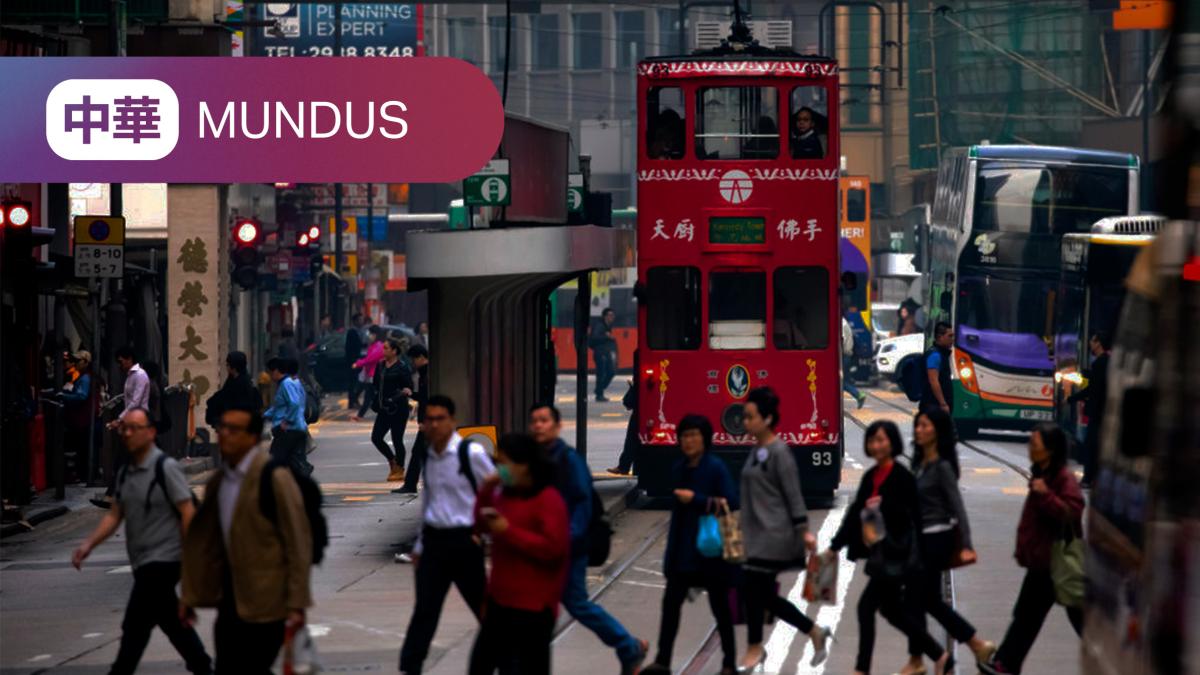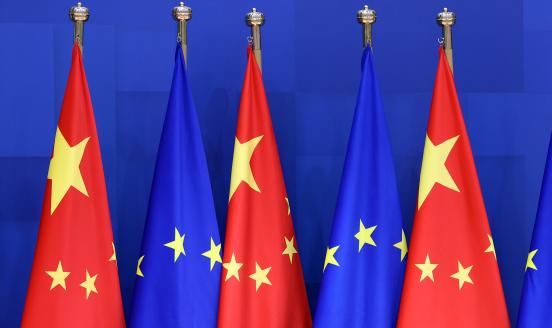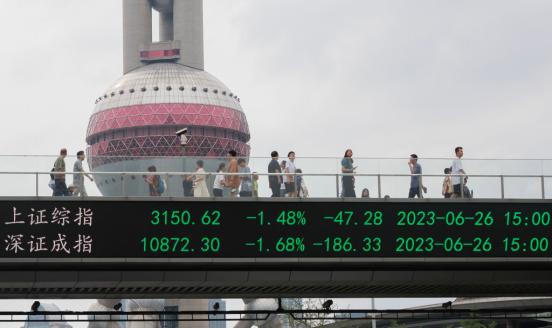EU-China summit remains a ‘dialogue of the deaf’ for EU trade concerns


The European Union-China Summit in April 2022 took place online due to zero-Covid policies in China and was influenced heavily by Russia’s invasion of Ukraine only a couple of months earlier. The EU High Representative of the Union for Foreign Affairs and Security Policy Josep Borrell described the event as a ‘dialogue of the deaf’ because of China’s permissive stance towards the conflict in Ukraine. This year’s summit, which took place on 7 and 8 December in Beijing, could also be described as a ‘dialogue of the deaf’ but for a different reason: the increasingly unbalanced trade relations between the EU and China.
EU officials and leaders of key European countries have flocked to China since the G20 summit in Bali in preparation for this year’s EU-China summit. Expectations for this year’s conference were high because of the EU’s perceived grievances that had to be solved. The EU-China High Economic Dialogue, which took place in late September in Beijing, already pointed to the difficulties that could be faced during this summit. This included the very large bilateral trade deficit that the EU has accumulated with China and its increasingly large overcapacity in a growing number of sectors, including in green tech. China’s tight approach to cross-border data transfer has also become one of the main concerns for both foreign and European companies operating in Europe.
China and the EU are close economic partners, trading goods worth €2.3 billion a day. However, the EU’s trade deficit rose to a whopping €400 billion last year. Brussels has repeatedly tried to address structural issues like China’s overcapacity in steel and electric vehicles inundating European markets, hefty subsidies and price distortion, as well as Beijing’s preferential treatment of domestic companies and the limited access of European companies in China’s market.
While those economic concerns dominated the summit, other issues that complicate relations between the EU and China were also raised. The war in Ukraine, China’s potential change in the status quo in the Taiwan Strait, and the human rights violations in Xinjiang and Tibet were all on the agenda. The EU’s position on Russia’s invasion of Ukraine has never been so clear, demanding that China stop providing weapons or dual-use equipment to Russia. The EU even cautioned that some Chinese companies providing such weapons may be sanctioned.
China’s response to the EU’s political, human rights and economic concerns was shallow. Beyond the EU delegation’s demands related to reducing the large trade deficit and China’s overcapacity in various markets being directed to the EU, there are more than 1000 recommendations in the European Chamber 2023 position paper. Rather than accepting those recommendations, Premier Li Qiang warned the European delegation about the politicisation of economic and trade issues and expressed hopes that the European side would be “prudent in introducing restrictive economic and trade policies, and the use of trade remedies”. The EU’s recently launched anti-subsidy investigation against electric vehicles (EVs) produced in China is the obvious target of this comment.
What is to be expected after a summit where both parties complained about the other without being ready to offer any solution? The fact that the summit even took place is a positive sign given the low level of trust between China and the EU over the last two years. The other positive outcome is that the dialogue will continue, demonstrated by creating new working groups on issues of interest, such as financial regulation. The EU side confirmed their strong expectation that Chinese authorities come with a solution on cross-border data flows.
However, future dialogue is not enough to consider this summit a success as no major – or possibly even minor – agreement was reached. Some key risks remain in place, starting with the most immediate, and probably the most disruptive, which is whether the EU will include a selected number of Chinese companies in the upcoming 12th round of sanctions on Russia because of their exports of dual technology and weapons. The other big risk is that China retaliates by putting pressure on the EU to withdraw its WTO anti-subsidy investigation on EVs.
The most likely retaliation, given steps taken by China in the past, will be to ban exports of critical raw materials to produce green tech. How the EU may react to this potential retaliation is yet to be seen. Finally, China is also dependent on the EU for trade as its largest trading partner (with exports worth €626 billion in 2022). China’s reliance on the EU is even more important at a time when Chinese exports to the US are rapidly shrinking and the Chinese economy is struggling. This explains Beijing’s worries about the EU’s intentions to conduct de-risking policies, which makes the lack of outcomes at this summit even more surprising. Relations can only start improving if both sides begin to listen.
ZhōngHuá Mundus is a newsletter by Bruegel, bringing you monthly analysis of China in the world, as seen from Europe.
This is an output of China Horizons, Bruegel's contribution in the project Dealing with a resurgent China (DWARC). This project has received funding from the European Union’s HORIZON Research and Innovation Actions under grant agreement No. 101061700.




